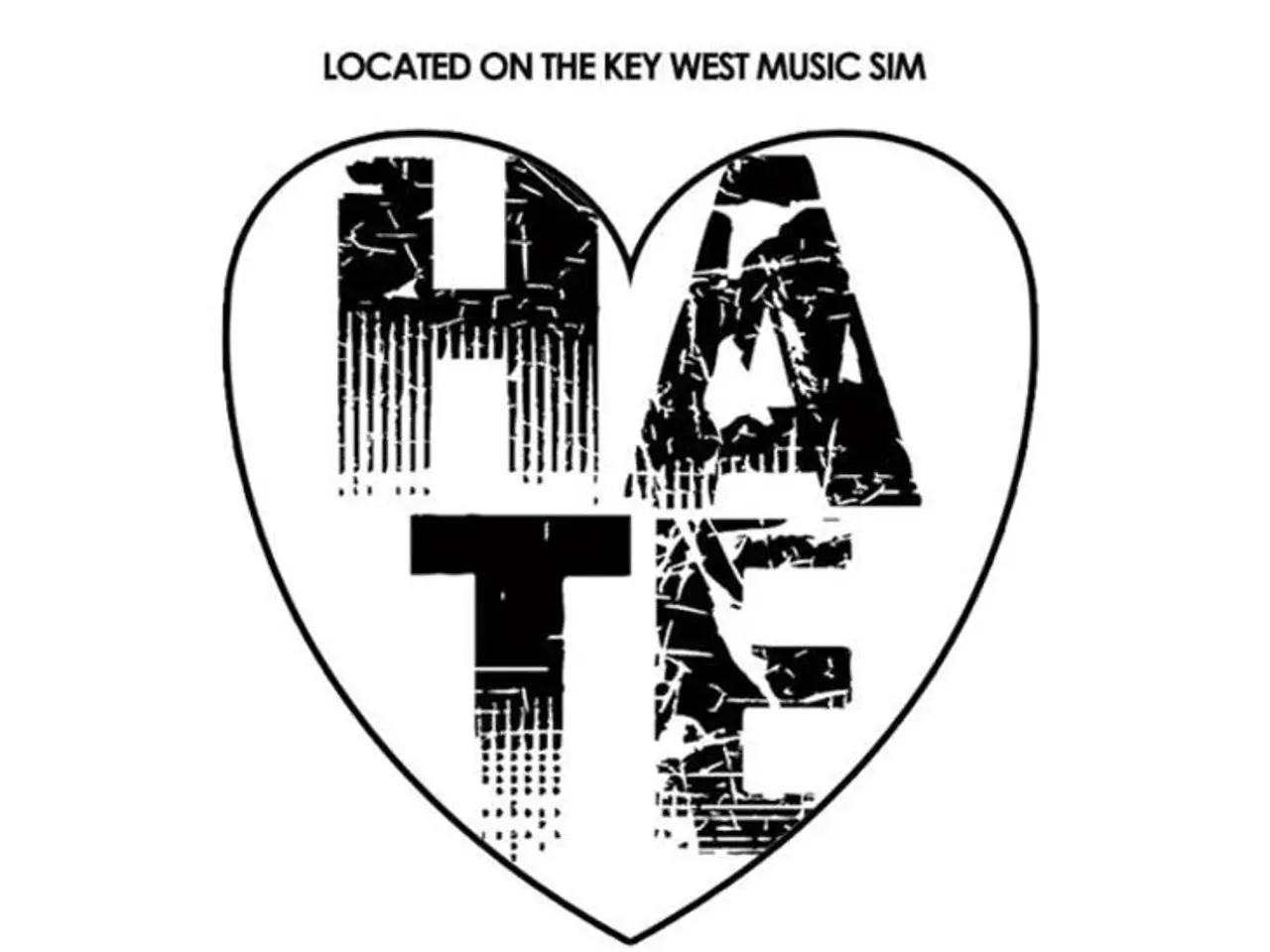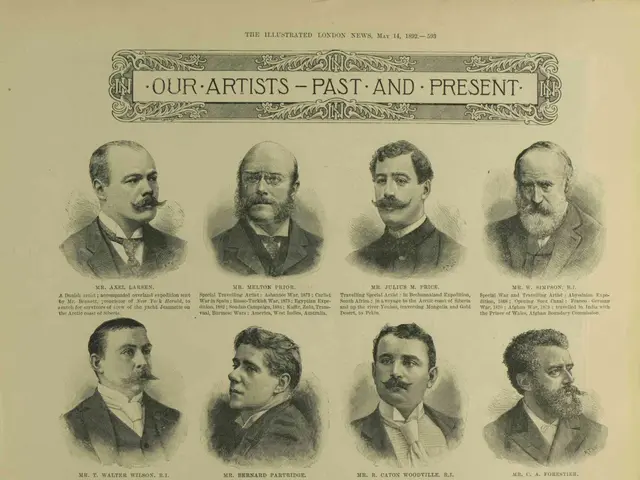German hate speech regulations under scrutiny following push to censor Kanye West's tunes
In the heart of Europe, a debate has been unfolding over the suitability of certain artistic works for public consumption. At the centre of this controversy are two songs by American rapper Kanye West, released in 2025, which have sparked concerns about glorifying Nazism and perpetuating hate.
The system of indexing media deemed harmful, established in Germany during the 1950s, aims to restrict access to content containing excessive violence, hate speech, or positive portrayals of Nazis. This list, known as the Index, also includes materials promoting radicalization, democracy hostility, conspiracy theories, antisemitism, hate speech, and glorification of violence, particularly targeting children and adolescents in vulnerable developmental stages.
The district council of Steglitz-Zehlendorf in Berlin has introduced a motion to request a ban on West's songs "WW3" and "Heil Hitler." Before being added to the index, the motion would need to be approved by Steglitz-Zehlendorf's youth welfare committee and then the district council (BVV). If approved, these songs would join a diverse range of media on the Index, including violent video games, hyper-sexualized manga, Nazi propaganda, horror films, and records featuring hate speech.
The aim of the district motion is to have the two songs by West included on Germany's "index of media harmful to minors" (Index jugendgefährdender Medien). It's important to note that indexing restricts advertising and sales of media deemed harmful to minors but doesn't constitute an outright ban. Adults can still listen or purchase indexed media, while children and teenagers are restricted from accessing them.
The controversy surrounding West's songs has led to some radio stations in Germany, including RBB and Kiss FM in Berlin, to stop playing all of West's music. "WW3" contains lyrics that express admiration for the Nazi leader, while "Heil Hitler" controversially incorporates a speech by Adolf Hitler from 1935 and features Nazi symbolism on its cover art.
Critics argue that Germany's efforts to ban media can fuel interest in 'banned' products, draw accusations of state censorship, and ultimately fail in stopping the spread of hateful media. However, proponents of the index system maintain that it serves as a crucial tool in protecting young minds from harmful and divisive content.
In an era of international streaming platforms, even if media is banned in Germany, it may still remain available on certain media platforms. This underscores the need for ongoing dialogue and vigilance in ensuring the safety and well-being of Germany's youth. The fate of Kanye West's controversial songs remains to be seen as they navigate the complex process of potential indexing.







